









It seems we can't find what you're looking for.
It seems we can't find what you're looking for.
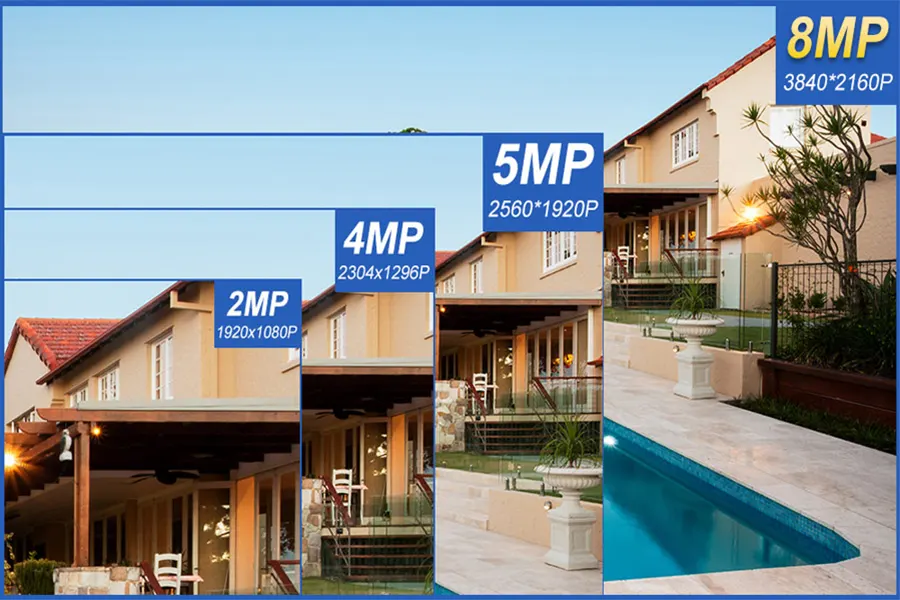
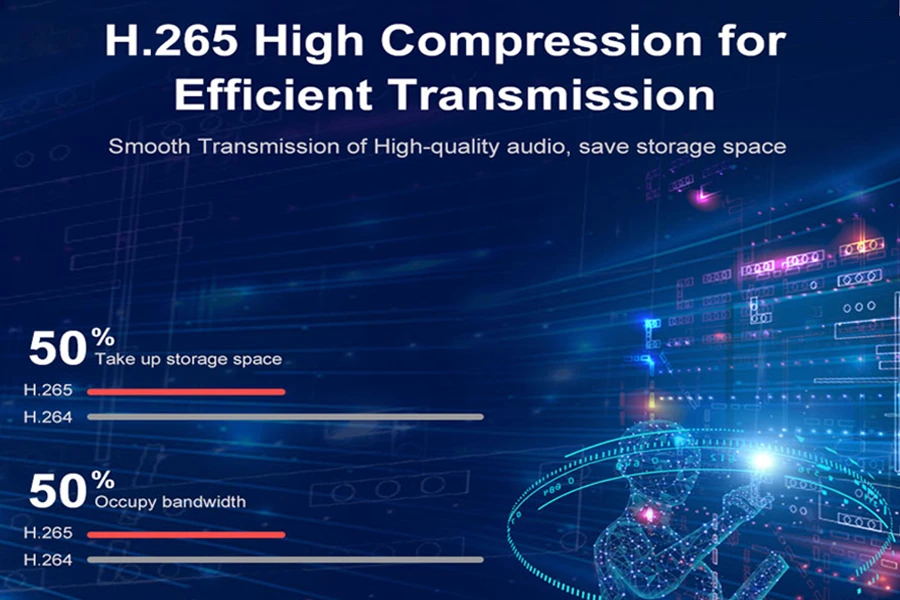
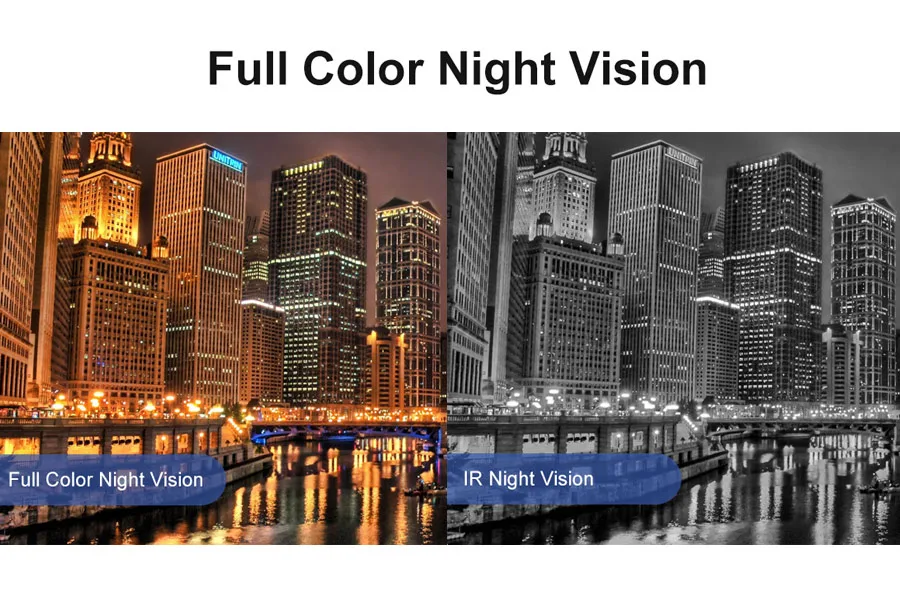
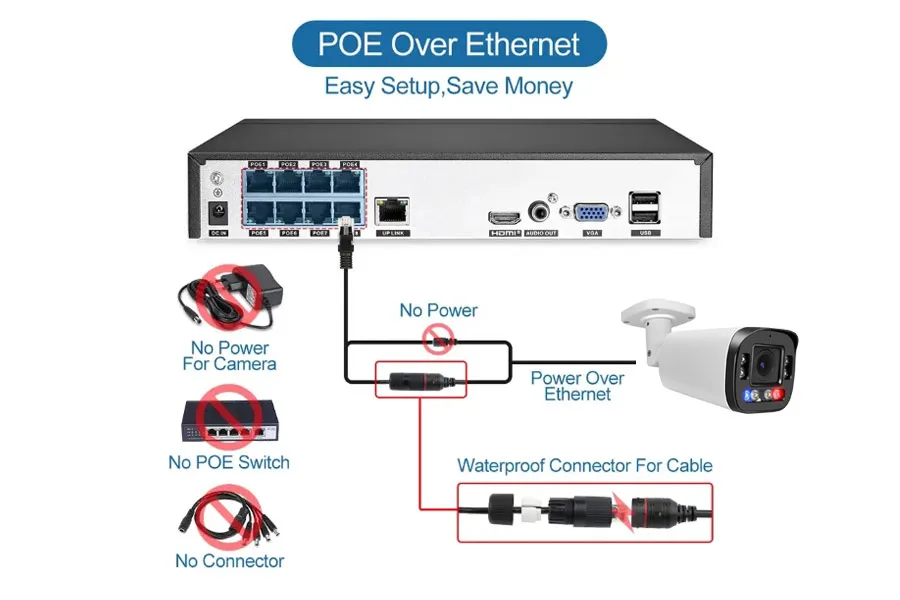
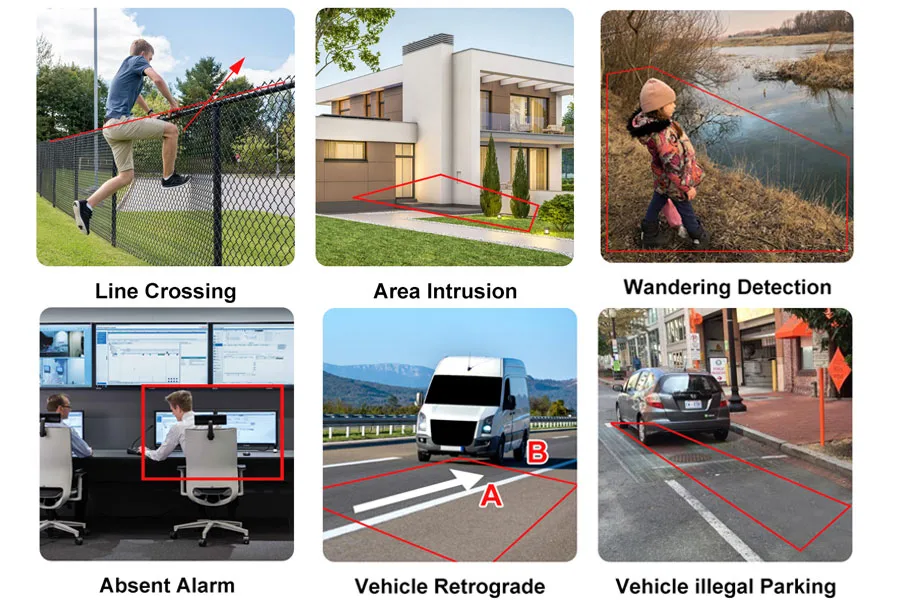
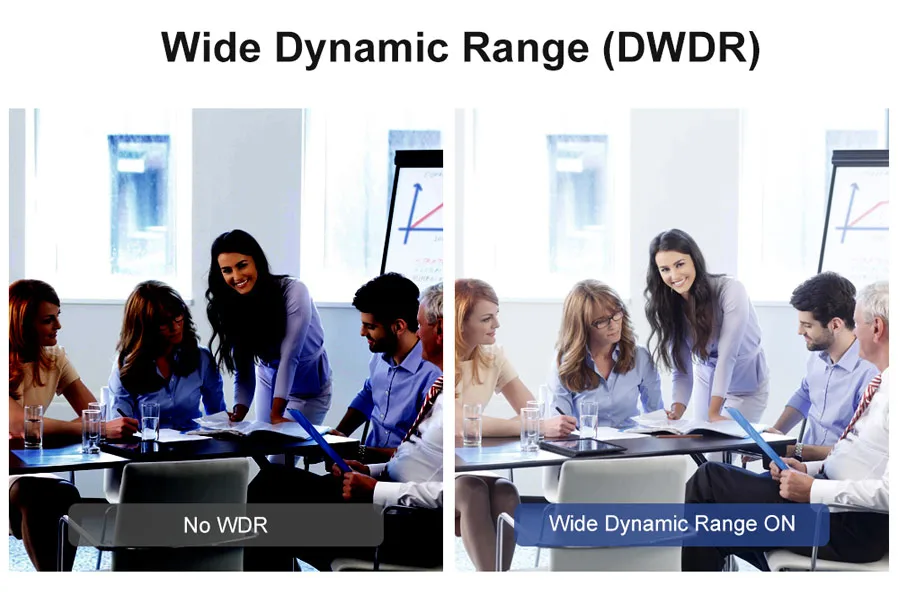
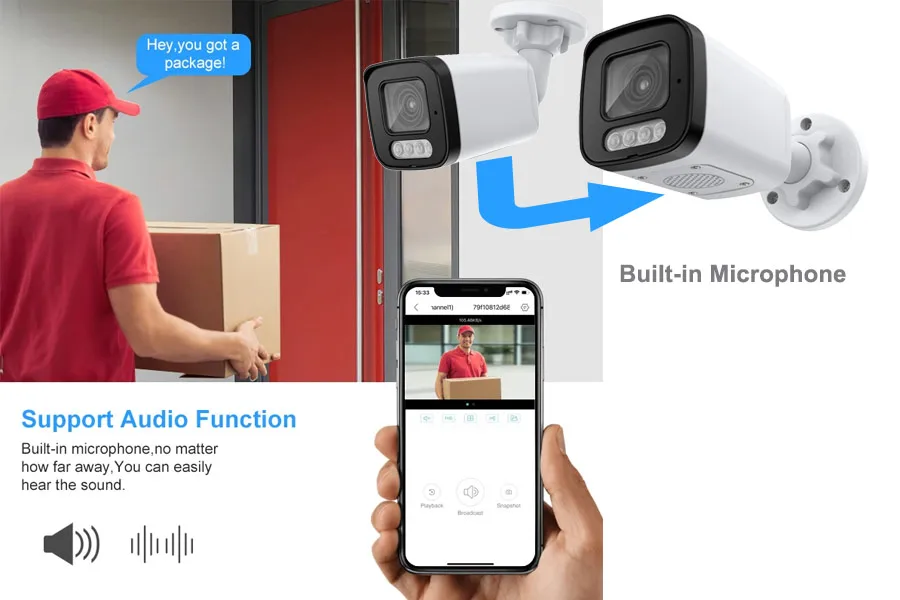
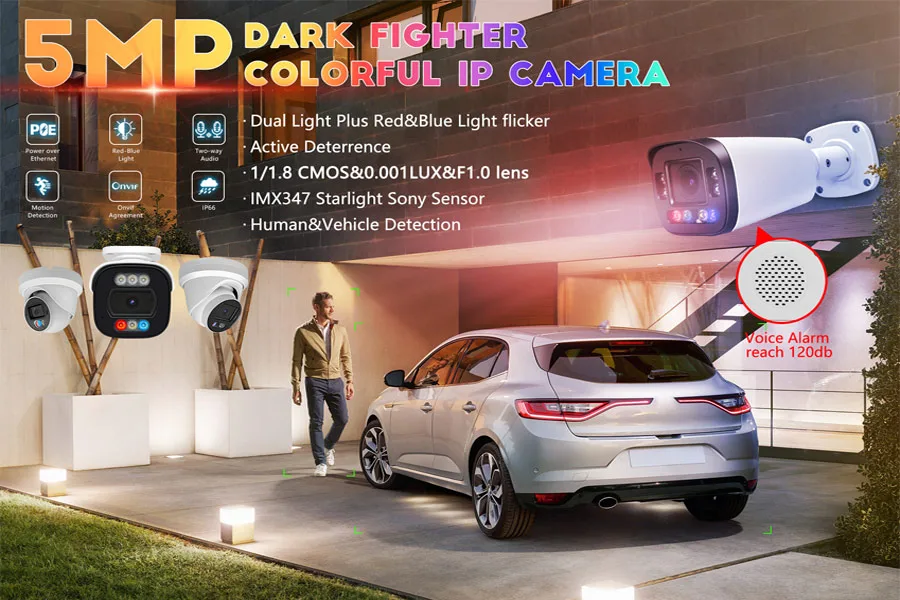

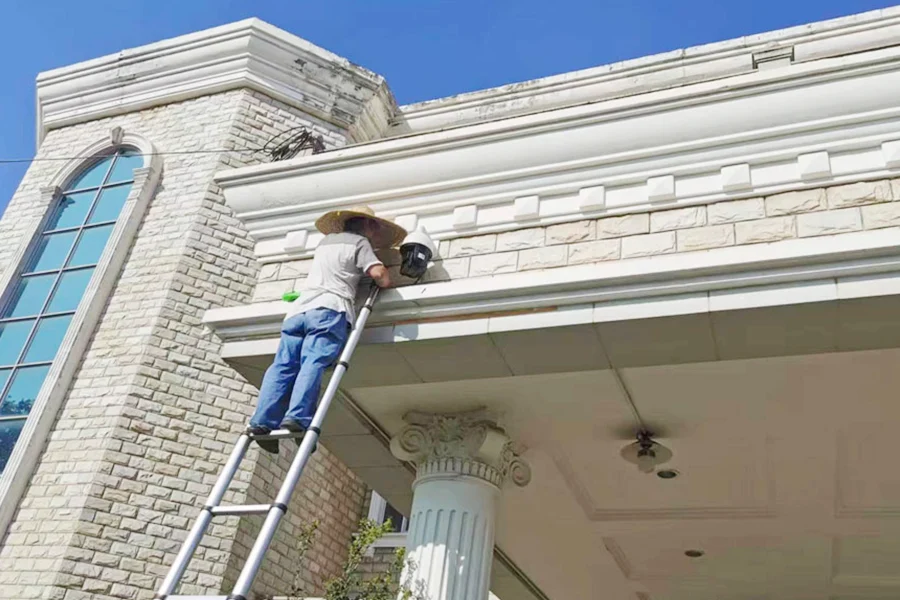
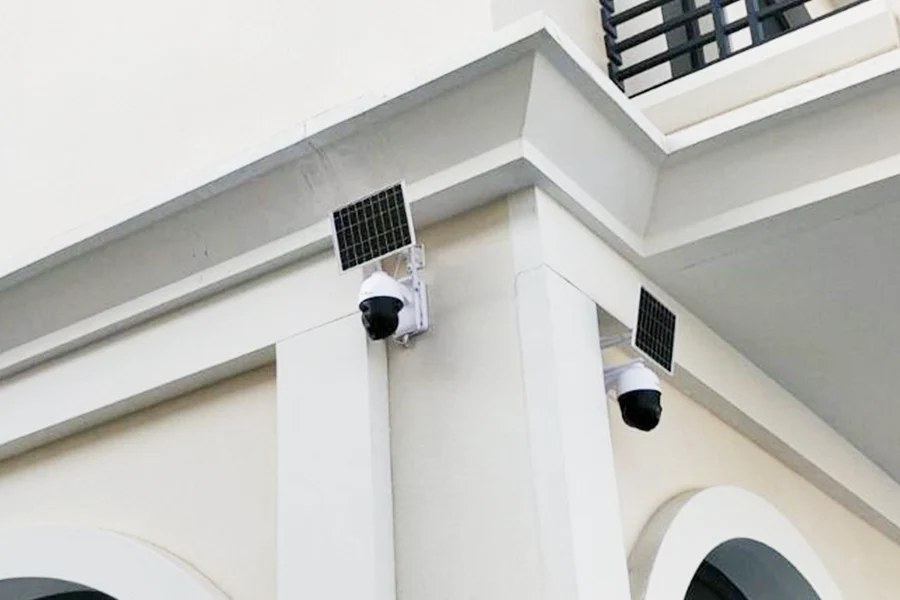
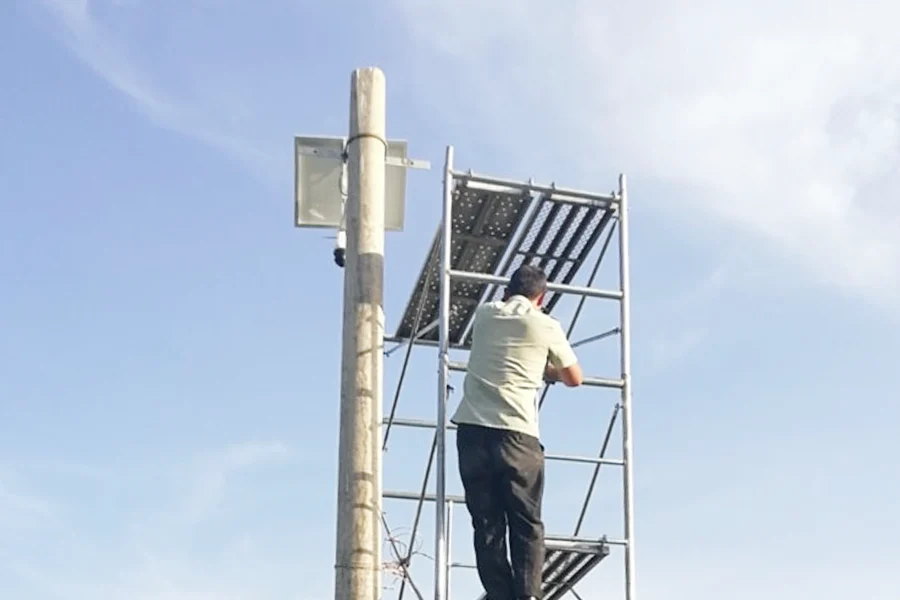
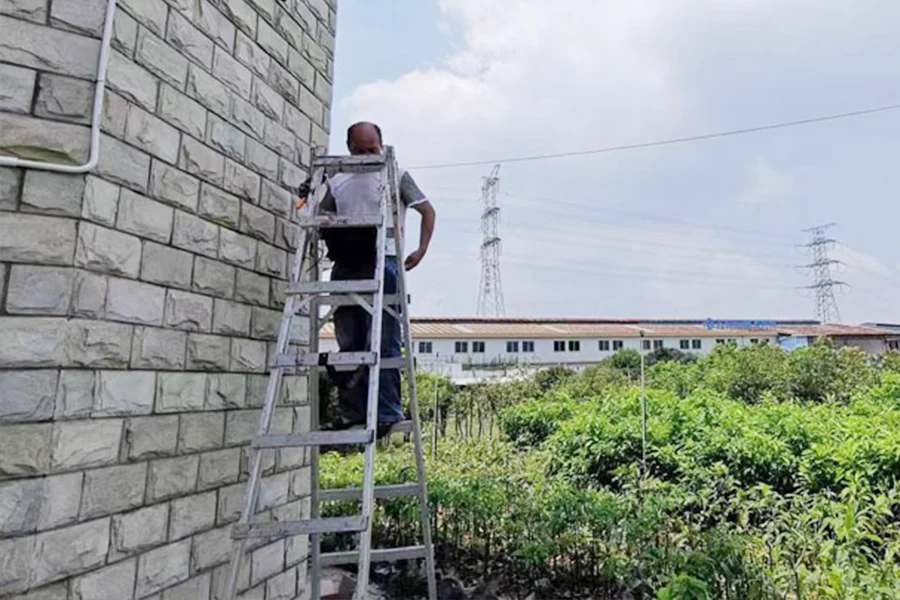
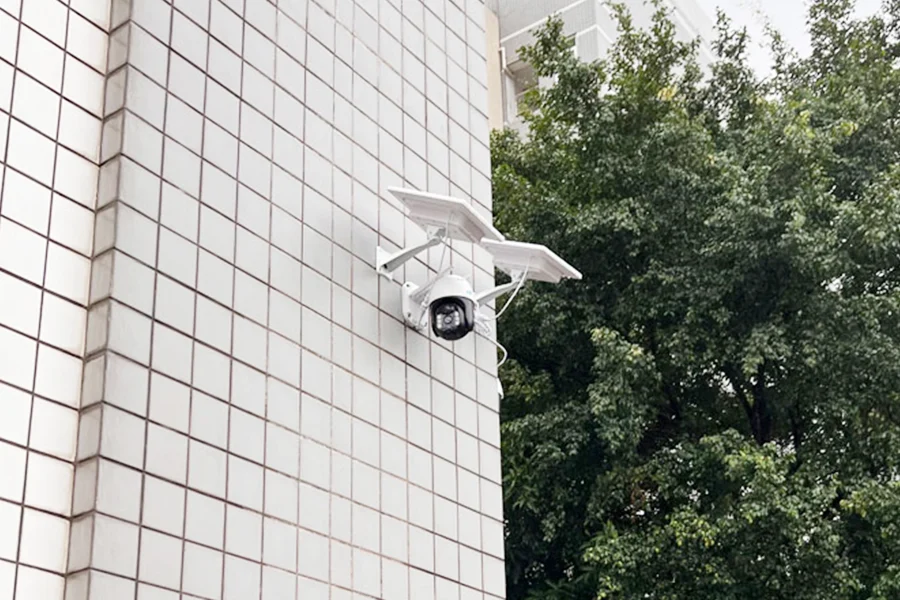
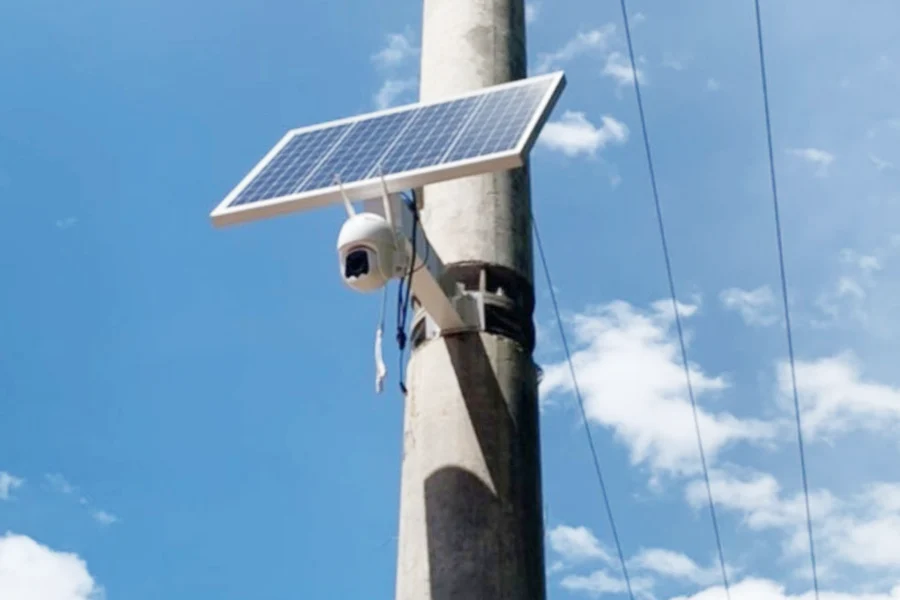
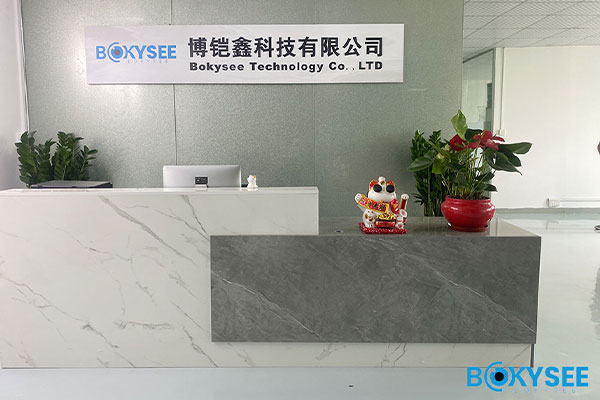
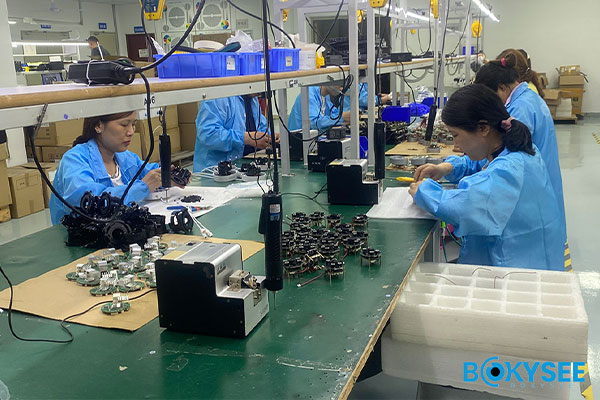
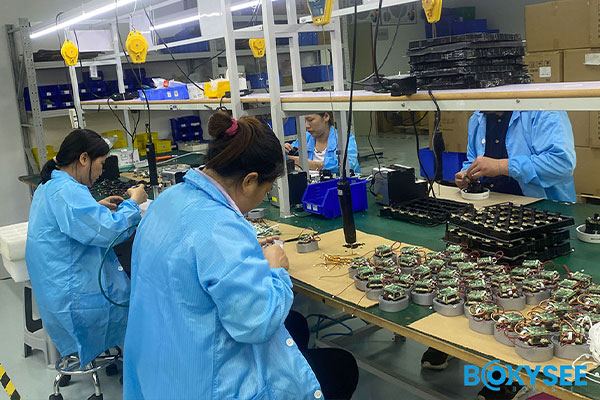
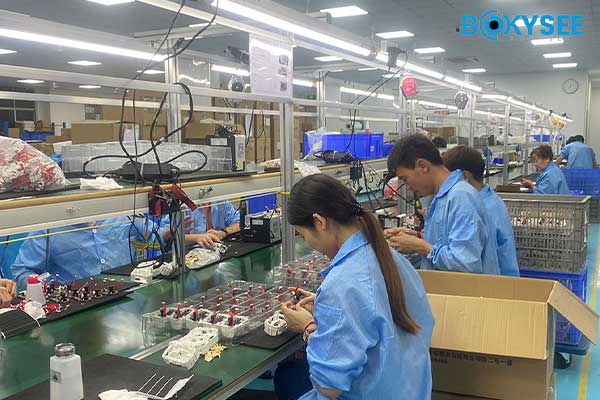
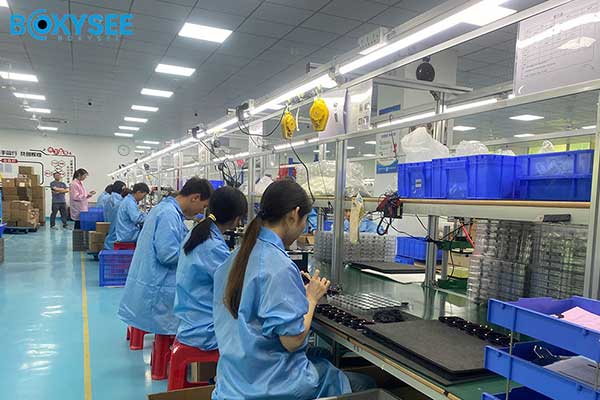
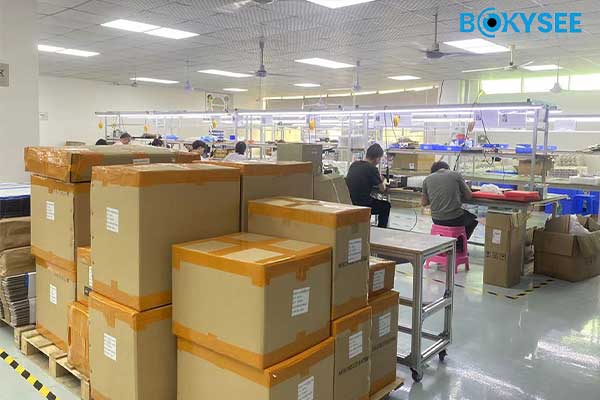

Monthly Yield




No, an IP camera is not the same as a Wi-Fi camera. While both types of cameras can connect to a network wirelessly, an IP camera refers specifically to a camera that transmits video data over an IP network (such as the internet or a local area network), regardless of whether it connects via Wi-Fi or Ethernet. On the other hand, a Wi-Fi camera typically refers to a camera that connects to a network using Wi-Fi technology, but it may not necessarily transmit video data over an IP network.
The main difference between an IP camera and CCTV (Closed Circuit Television) lies in the way they transmit and record video. IP cameras transmit video data digitally over an IP network, allowing for high-definition video quality and remote access capabilities. In contrast, CCTV systems typically use analog cameras that transmit video signals to a centralized recording device (DVR or NVR) via coaxial cables. IP cameras offer greater flexibility, scalability, and advanced features compared to traditional CCTV systems.
The choice between an IP camera and a DVR (Digital Video Recorder) depends on the specific requirements and preferences of the user.
IP cameras offer higher resolution, advanced features, and remote access capabilities, making them suitable for modern surveillance applications that require high-quality video and flexible access options.
On the other hand, DVRs are typically used with analog CCTV cameras and offer centralized recording and storage capabilities. In general, IP cameras are considered better suited for modern surveillance needs due to their superior features and capabilities.
The lifespan of an IP camera can vary depending on factors such as the quality of the camera, environmental conditions, and usage patterns. Generally, high-quality IP cameras from reputable manufacturers can last anywhere from 5 to 10 years or more with proper maintenance and care. However, it’s important to note that technological advancements and changing needs may prompt users to upgrade their cameras before the end of their lifespan.
Whether IP cameras record continuously depends on the specific configuration and settings.
Many IP cameras offer the option for continuous recording, where they record video footage 24/7 without interruption.
However, continuous recording can consume a significant amount of storage space and may not be practical for all situations.
Alternatively, IP cameras often provide configurable recording modes, such as motion-activated recording or scheduled recording, to conserve storage space and make it easier to review relevant footage.